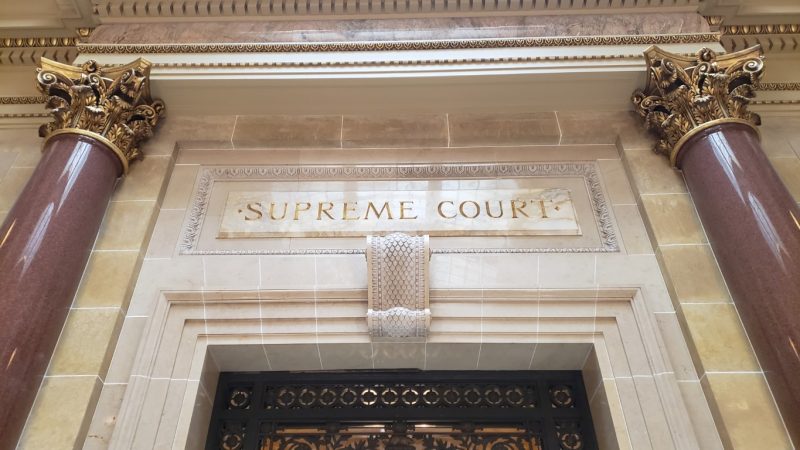The state Supreme Court, just three days after getting the case, gave the Green Party until Friday to respond to a suit seeking to keep it from placing a candidate on Wisconsin’s presidential ballot.
In her dissent from Thursday's order, conservative Justice Rebecca Bradley accused the majority of “bending over backwards to expedite” the suit filed by a staffer with the Democratic National Committ...
Please log in to access subscriber content.
If you don't have a subscription, please contact schmies@wispolitics.com for subscription options on the WisPolitics-State Affairs platform, which is the new home for WisPolitics subscriber products.



